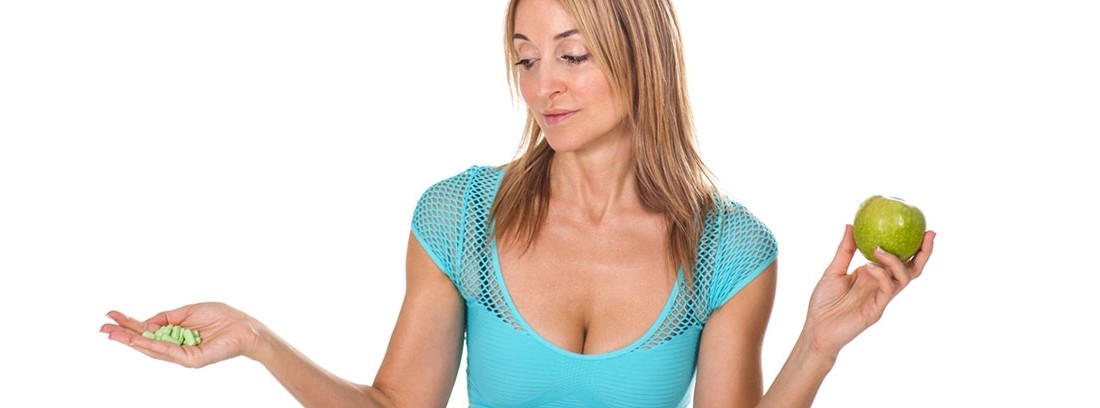Myths and mistakes in eating

The word myth is related to fables and stories. In relation to food myths, there are legends about certain foods without any scientific basis. We feed on them since we are born and we receive information through many means that inform us about which foods are good for us or which are harmful to us, which diet is more effective,. All these myths can influence our eating behavior and, as a consequence, affect our health. We are now going to report on the falsehood of some widespread food myths.
"Bread makes you fat"
Bread is a food from the group of farinaceous (cereals, pasta, rice,) and is rich in complex sugars, being the nutrient that we need in greater proportion. Bread has to be part of our daily diet and what increases calories is, many times, what we accompany it (sauce, butter, sausage,). It is fattening to consume more energy throughout the day than we expend, not a specific food.
"Wholegrain products lose weight"
Whole grains differ from refined ones in that they have a higher fiber and mineral content, but their energy content is the same. That is, they contain the same calories. Fiber has satiating power and can help with weight control by avoiding eating more of other foods. It also regulates intestinal transit and prevents glycemic peaks. For this reason, the consumption of whole grain products is recommended but the consumption of large quantities of them is not recommended.
"Vitamin supplements are necessary to meet nutritional needs"
Vitamins and minerals are micronutrients, which means that our body needs them in less quantity than sugars, fats or proteins, and if we follow a varied and balanced diet, we will cover our daily requirements. There is a false belief that there are times of the year when taking vitamin supplements strengthens the defenses, although if there are no real deficiencies, administering these supplements can have negative consequences for health, including the appearance of new diseases. Thus, its consumption is only recommended under medical prescription.
"Drinking water during the meal makes you fat"
Water is a food that does not provide calories, therefore it does not make you fat, whether it is taken before, during or after eating. It is necessary to live since it hydrates our body, transports certain nutrients and is the medium where the chemical reactions of our daily metabolism take place.
"Eating fruit as a dessert makes you fat"
The fruit provides the same calories before, during or after eating. Fruit is a food rich in fiber and, for this reason, in weight control it is even recommended to consume it before, since its satiating power avoids consuming more of other foods. Ultimately, the energy intake does not interfere with the order in which the food is eaten, but rather with the food that is chosen and its quantity.
"Nuts make you fat"
Nor do the nuts themselves fatten. And they have a satiating effect that can help control weight. But if they are consumed in large quantities and as supplements to our diet, they will make us gain weight.
"Vegetable fats are healthier than animal fats"
Vegetable fats or oils are healthier than animal fats except coconut or palm fats. These two fats, even being vegetable, are saturated and, therefore, harmful. They have the ability to increase blood cholesterol and are detrimental to cardiovascular health. These two fats are cheaper and therefore are widely used in the food industry. Therefore it is important to read labels and discard products that contain "vegetable fats or oils" as they use coconut or palm oil. In contrast, olive and seed oils (sunflower, corn, soy) contain unsaturated fats that help reduce blood cholesterol levels. Their only drawback is that the food industry does not use them as much because they are more expensive.
Any product you buy should read the ingredient list and choose the one that contains olive or sunflower oil or soy or corn. If it only says "vegetable oil" on the label, it is better to discard that product.
"Light products are healthier and help you lose weight"
Another very widespread myth nowadays is the light products. The term light is used to refer to a product when there is a non-light or reference product (for example, cheese in portions and cheese in light portions) and they have reduced or eliminated at least 30% of the total calories. This means that the light product provides fewer calories than the reference product but still has calories. If these products are abused, the energy intake can be unbalanced and consume more energy than we expend and, therefore, make us fat.
(Updated at Apr 14 / 2024)